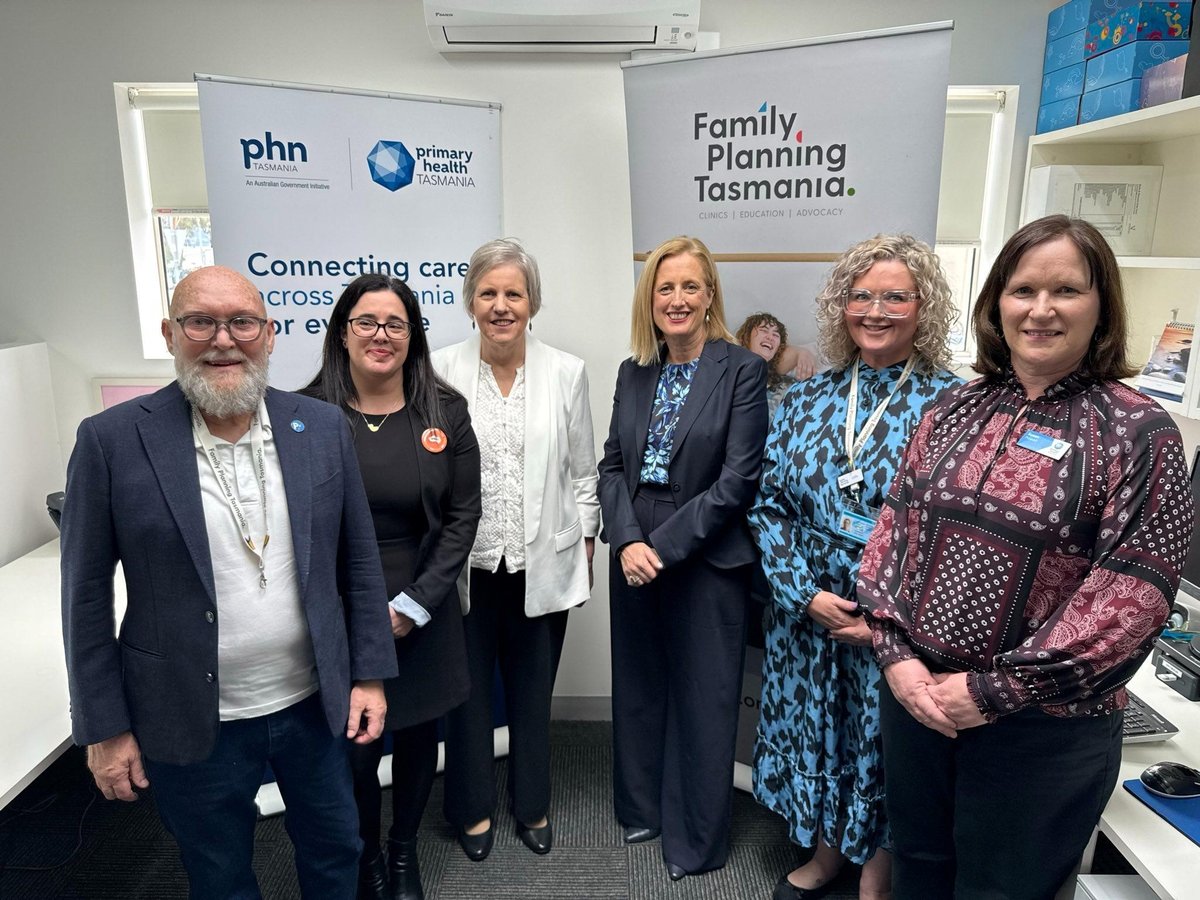
Menopause. Young women don't think about it. Women going through it wish they could forget about it. And although education is improving, most men don't have much of a clue what it really is.
Still, it's clear that we've made massive strides when it comes to bringing menopause into the national conversation.
For a really long time, this transition that's experienced by half the population at some point in their lifetime was something that was relegated to hushed conversations between a handful of chosen confidants. Hidden and not spoken about — to the detriment of women around the country.
The fact that the mainstream media is finally talking about menopause — and not just in women's magazines or on daytime talk shows either, but in newspapers and in prime-time news slots — is progress that should be celebrated.
But I'm not letting that celebration get in the way of the fact that there is still much more we need to do. As the recent Senate Inquiry into menopause and perimenopause heard, too many women feel unsupported and invisible as they navigate menopause while juggling careers, caring responsibilities, and personal relationships. And worst of all, it seems like too often society, our workplaces and our healthcare system feel ill-equipped to support women experiencing perimenopause and menopause.
 Katy with staff at one of the 22 endo and pelvic pain clinics opened by the Albanese government in Tasmania. Image: Getty.
Katy with staff at one of the 22 endo and pelvic pain clinics opened by the Albanese government in Tasmania. Image: Getty.

